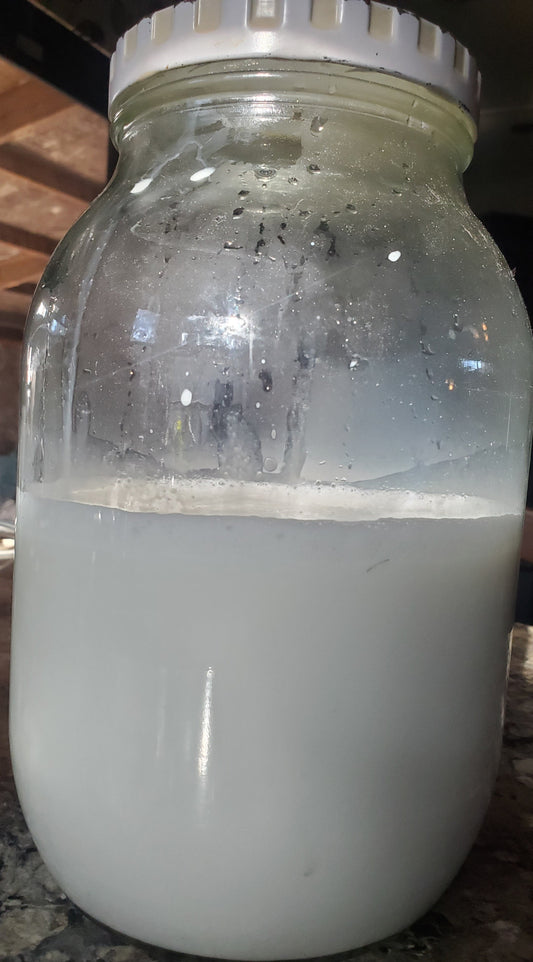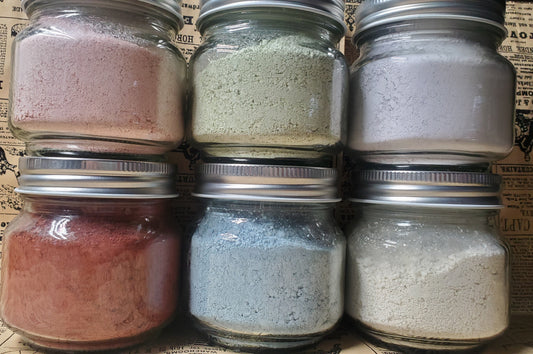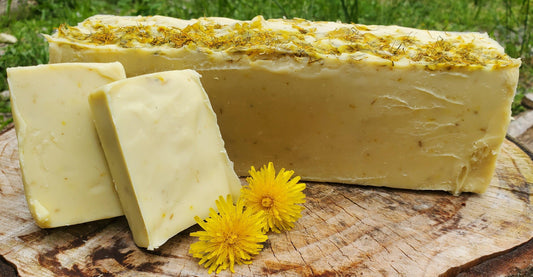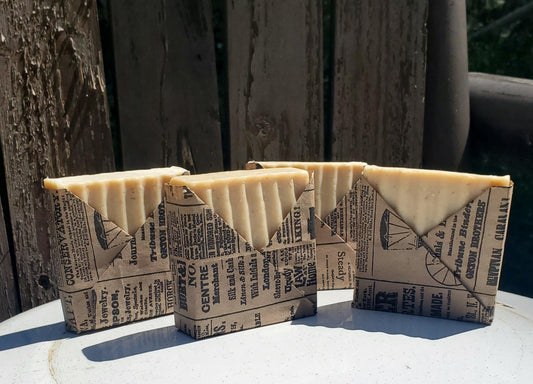FAQ
Frequently Asked Questions about Cold Processed Soap
What makes Cold Process Soaps different from commercial soaps?
Natural Cold Process soaps are typically made with plant-based oils (like olive oil, coconut oil, palm oil) and butters (like shea butter, cocoa butter), and may include additives like essential oils, botanicals, or clays.
Commercial soaps often contain synthetic detergents, artificial fragrances, dyes, and preservatives.
How should I store my natural cold process soap?
Keep your soap in a well-ventilated, dry place to prevent it from becoming mushy.
A soap dish with good drainage is essential.
What is cold-processed soap?
Cold-processed soap is made through a chemical reaction called saponification.
Oils (like olive oil, coconut oil, and shea butter) are mixed with a lye solution.
This mixture undergoes a chemical reaction that transforms the oils into soap.
The soap is then poured into molds and left to cure for several weeks.
What is the curing process for cold-processed soap?
Curing is the crucial period after the soap is made and poured into molds.
During curing, the soap hardens and excess moisture evaporates.
This process typically takes several weeks.
What is the role of lye in soap making?
Lye is a crucial ingredient in cold process soap making.
It reacts with the oils to create soap through the saponification process.
All lye is used up in the chemical reaction, so there is no lye left in the finished soap.
JD
Disclaimer: This information is for general knowledge and informational purposes only and does not constitute medical advice.
Side Note: This FAQ focuses on the process of making soap and the care involved. It does not delve into the specific properties of any soap itself, as those would fall under the purview of the FDA as cosmetics or drugs.
This FAQ aims to inform it's readers about saponification, highlighting the care and craftsmanship involved in creating this natural and luxurious product, goat milk soap.
Collections
-
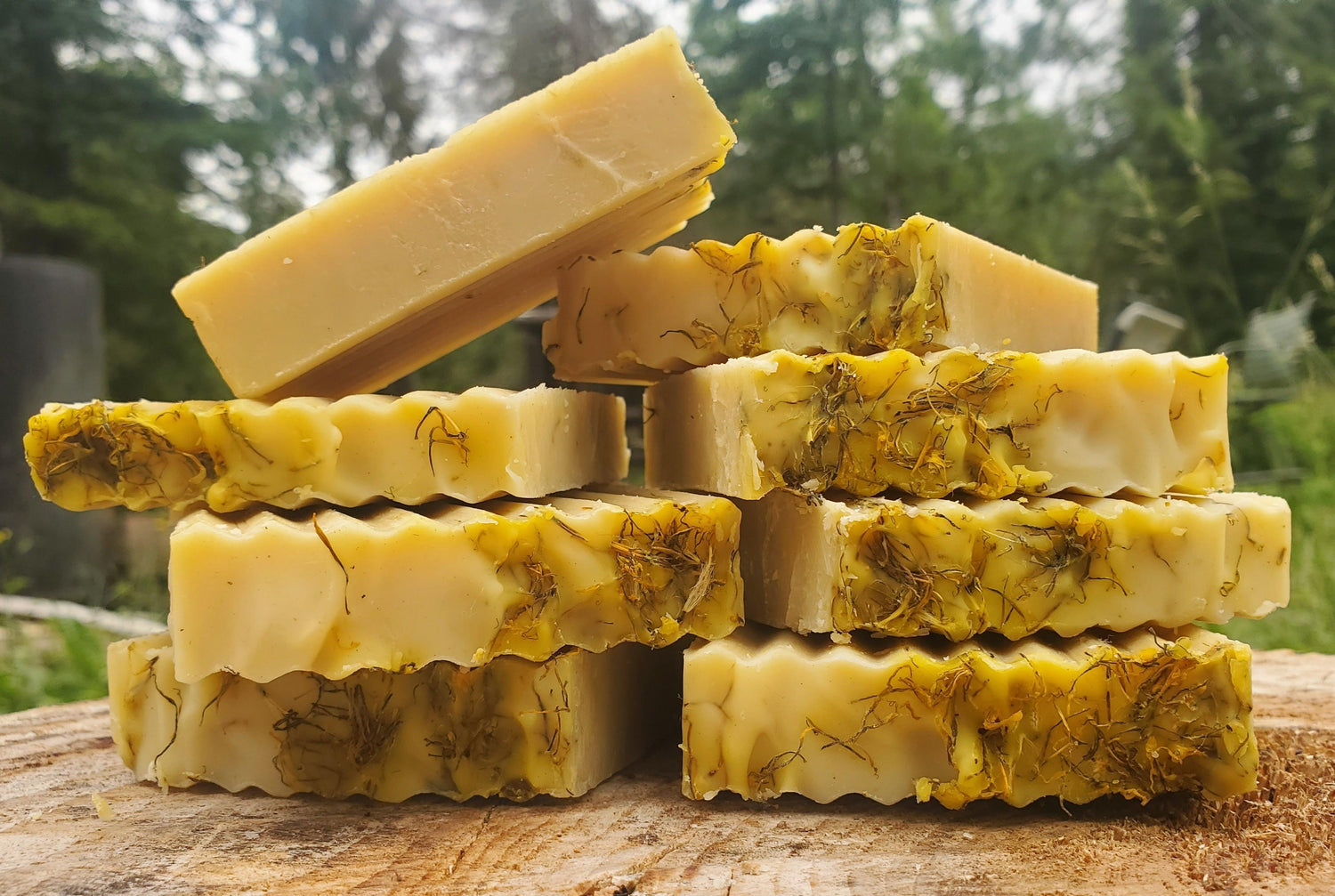
True Soaps Made with Goat Milk
Indulge in the gentle lather of our handcrafted cold process soaps. These...
-
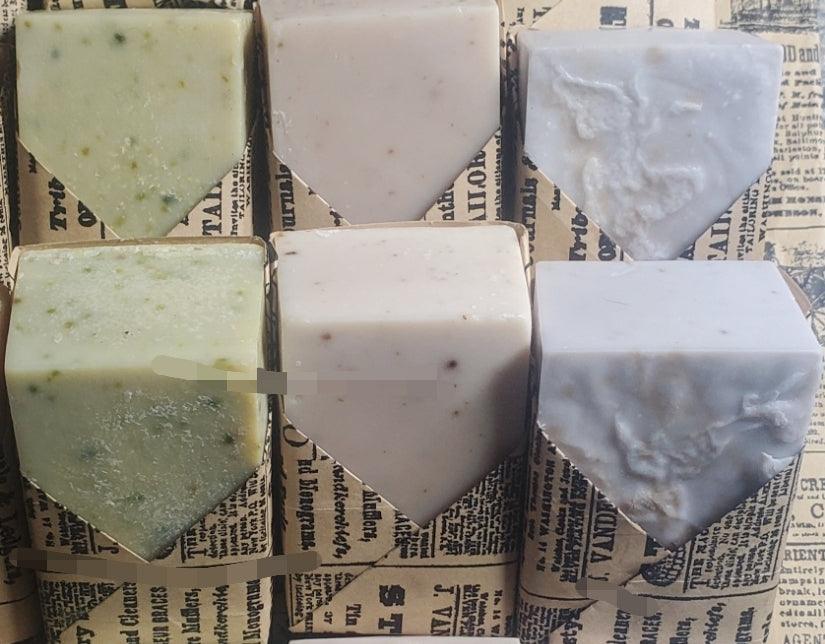
Plant Based True Soaps
Experience the gentle cleansing power of our handcrafted plant-based cold processed soaps....
-
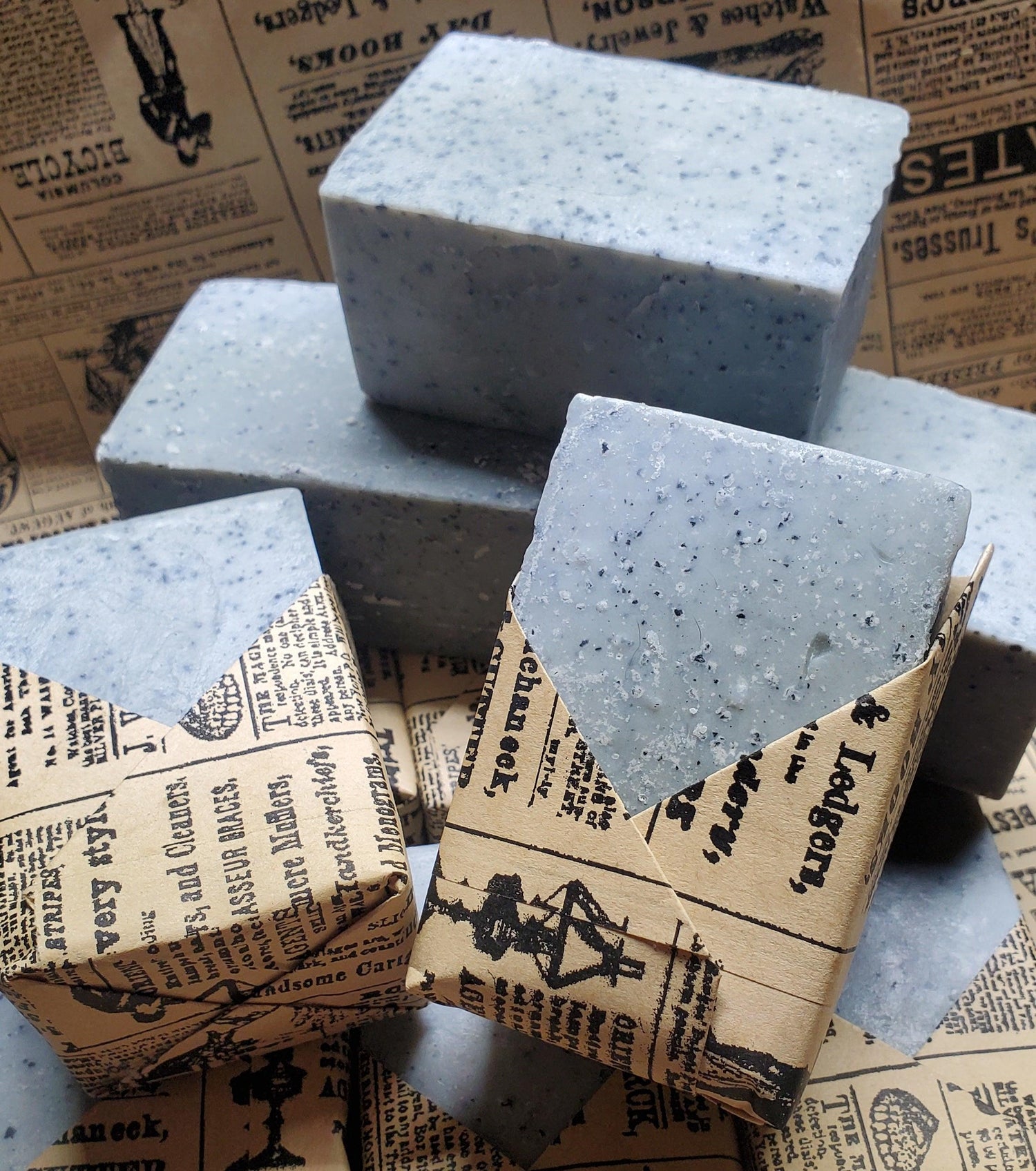
The Men's Store
Experience our collection of handcrafted cold process soaps designed for the masculine...





